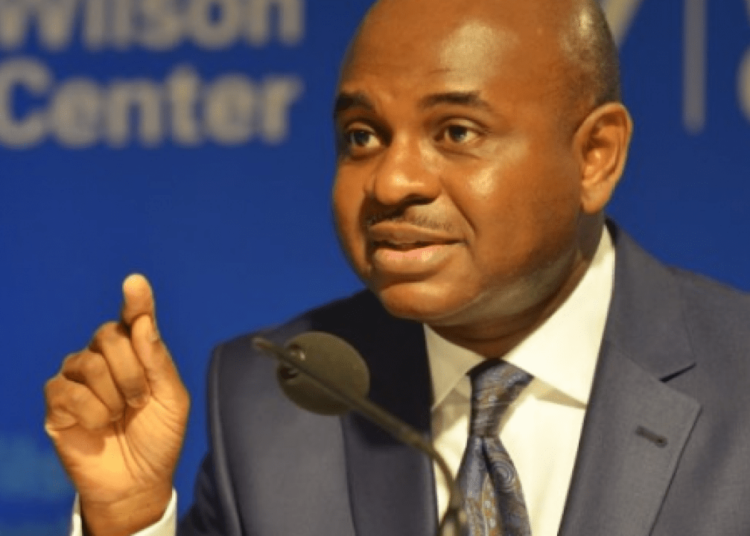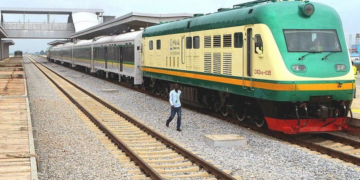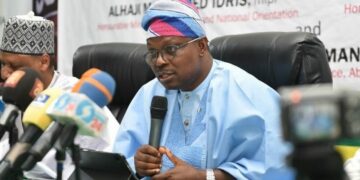Former deputy governor of the Central Bank of Nigeria (CBN) Kingsley Moghalu has called for the return of Nigeria to real federalism in order to achieve social cohesion, equitable distribution of resources and development.
Moghalu, who was a former presidential candidate in the 2019 general elections, stated this at the Nigeria social cohesion dialogue and launch of the 2022 Nigeria social cohesion survey, while speaking on “Bridging the fault lines in the quest for social cohesion” in Abuja yesterday.
He said Nigeria democracy has bred fractionalisation and this has made it possible for the politicians to exploit Nigerian citizens.
Speaking at the event organised by the Africa Polling Institute (API) Moghalu said constitutional returning Nigeria to true Federalism, like we have in Brazil, Canada, Australia, will address the fears of everyone and ensure that no part of the country is marginalized
Speaking on the 2023 general elections, Moghalu said Nigerians must get it right and to achieve this, Nigerians must prioritize competence over any other sentiment that may play out.
Speaking earlier, the executive director, API, Professor Bell Ihua said this dialogue offers the opportunity to assemble men and women of like minds to chart a way forward.
He also said: “the Nigeria social cohesion project is one of two Ford Foundation research grants currently managed by Africa Polling Institute. The concept of social cohesion refers to the willingness of citizens to cooperate and work together towards ensuring the survival and prosperity of the country. These two elements are important: the survival element and the prosperity element.
“However, for these to happen, the country must work towards the wellbeing of all its citizens, fight exclusion and marginalisation, promote trust and oneness, offer citizens the opportunity for upward mobility; and create a sense of belonging for all.
“The 2022 Nigeria Social Cohesion Survey (#NSCS2021) is a National citizens perception survey, that builds upon two past editions (2019 and 2021). This years study has been expanded in scope to cover 13 key indicators, namely: Identity, Trust, Social Justice, Participation and Patriotism, Natural Resources Governance, Gender Equity, Impunity, Corruption, Peacebuilding, Polarization, Coping Strategies, Self-Worth and Future Expectation.
“We consider this report quite timely as an important ingredient of shaping public policy conversations, as Nigeria moves to the next general election.”





